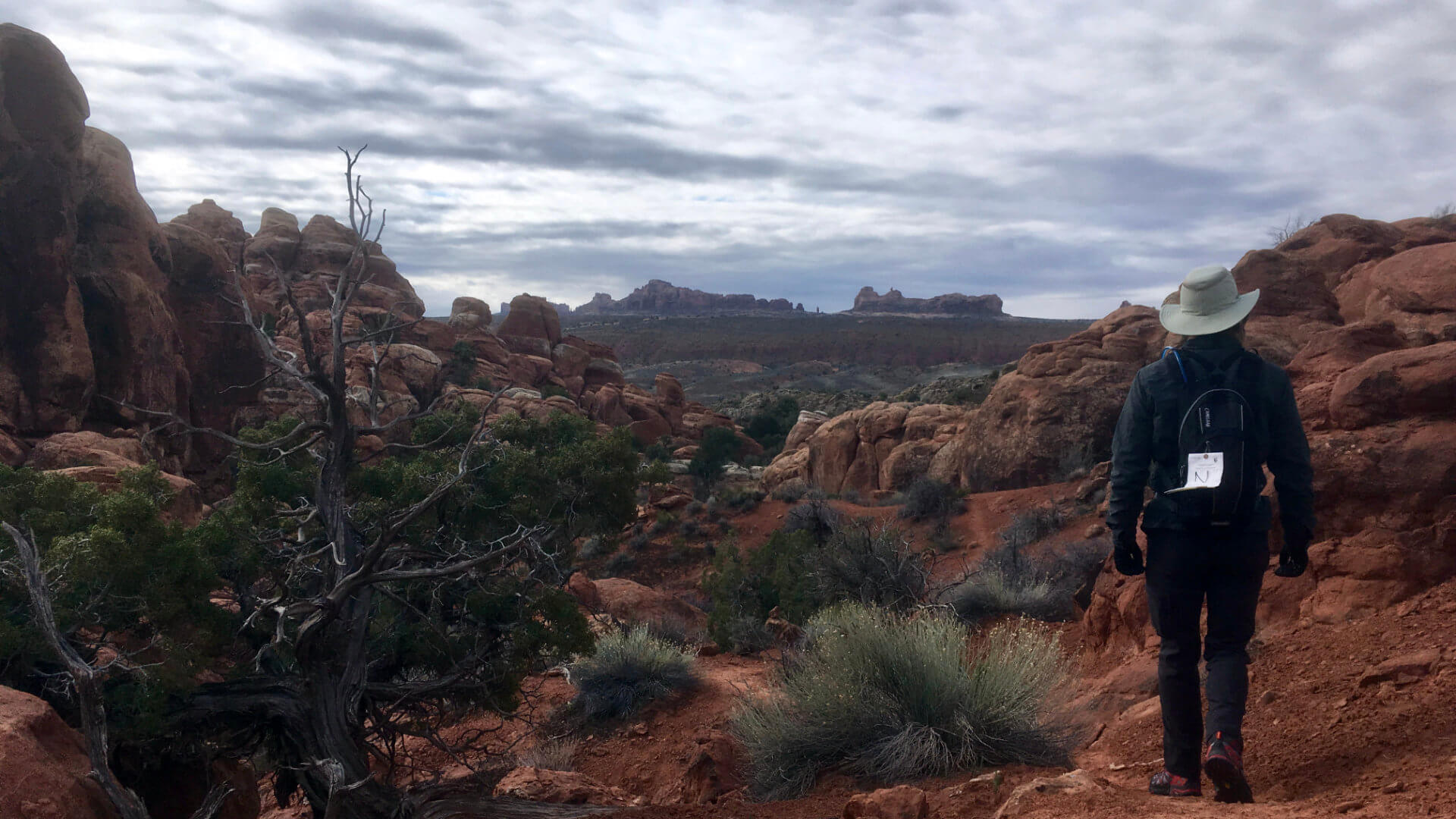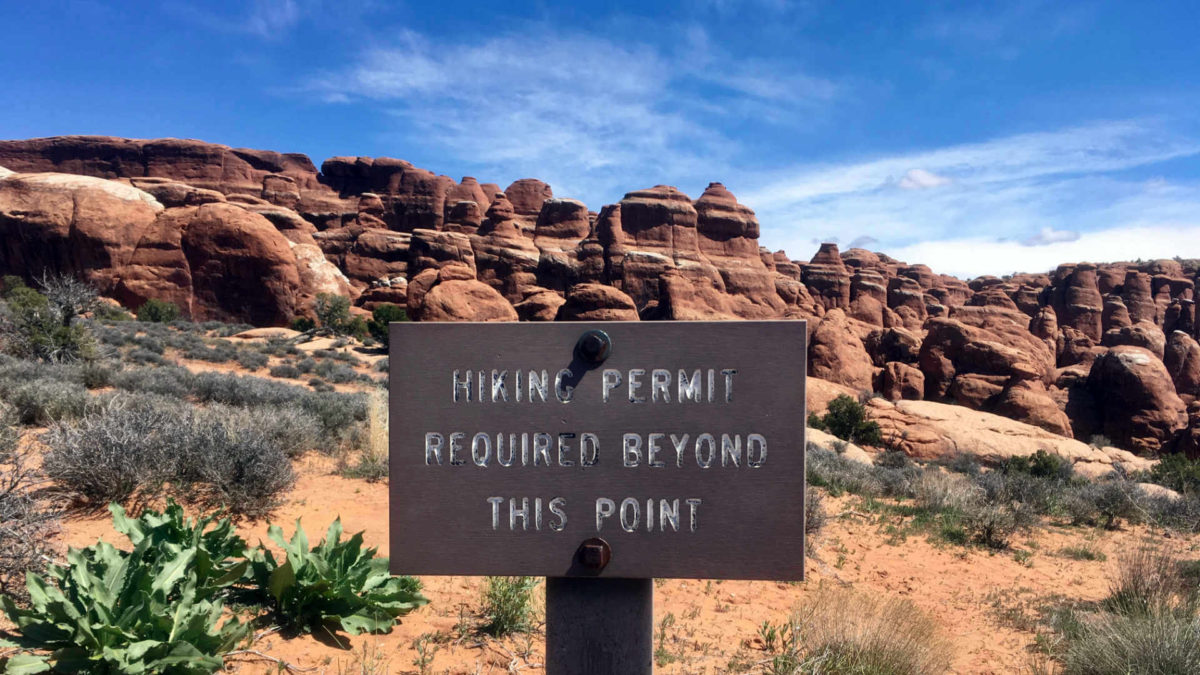The first job offer on a real career track I received, back in 2007, blew me away. I’d graduated with a liberal arts degree the year before in an unrelated field but was offered a position after a choppy interview with a regional print design company. Compensation? $42,000. More money than I could possibly spend! I wasn’t negotiating pay one bit and signed on the dotted line the same day I received the offer.
I needed them more than they needed me, even if they didn’t know it.
That’s a pretty drastic departure from the chat I had with one of my consulting clients last week.
We’d got together to talk about renewing a consulting retainer. They were ready for me to begin negotiating pay, they needed me more than I needed them. They were surprised by my offer. I’ll come back to that, but let’s talk a little more about the old days and having a weak position of pay negotiation.
Weak Negotiating Power
I was running my own business for the last several months, struggling throughout 2006. I made just enough money to pay a small chunk of rent to live with a few friends in their dining room. A couple of graduate students don’t actually use a formal dining room anyway, right?
My “bedroom” door was a pair of slatted folding room separators.

Privacy was minimal. Life was dirt cheap back then, it had to be.
I’d never carried any debt that I paid interest on. But, running a business with no capital to support it wasn’t longlived.
Eventually, I needed to reconsider my life and perhaps start on a career working “for the man”. I found my way to the job at the print design company I mentioned in 2007.
I happily gave up my dining room bedroom once I had a real paycheck.
Building a nest egg
Aside from some very basic improvements to my lifestyle, I lived a pretty low-cost college-student style life. But, now it was with a $42,000 salary.
From the first paycheck, I started building up my nest egg. I talked with my boss about what my future career path might be and what the business’s expectations of me were, in order to grow.
They gave me a list of KSAs (Knowledge, Skills, Abilities) that they’d like me to obtain.
I broke those KSAs down to actionable tasks with measurable results and talked them over with my boss. We set up a timeline for different parts of projects I could complete, and demonstrate the KSAs over my first year.
I kept pumping up my nest egg and started investing in the market.
Building credibility
Within the first half-year, I showed myself to be competent in all of the KSAs. I scheduled a time to do a look over my KSA progress with my boss about a month later. That’s how I asked for a performance review.
In that leading month, I pulled out all the stops to demonstrate value and made sure my boss’s boss saw the work coming out of our team.
I focused on the value our work delivered to the business.
Performance Review Salary Increase
Once I actually sat down for my review, my boss had already seen just how well those KSAs had been covered. Still, I showed up prepared.
I brought along the original document that outlined my personal KSAs. I showed how my work improved the team’s projects and how it would benefit the business in unexpected ways.
I’d gathered information about salaries in the region for jobs similar to mine, which I provided to my boss.
I turned my performance review into a pay negotiation.
A cheap lifestyle to fallback on
My college-like lifestyle had continued and the showers of money I felt from the $42,000 salary were being saved and invested. I had a nest egg already cracking five digits. If this didn’t go well, I genuinely felt I could find other work at a higher salary in the same city.
I had plenty of funds to bridge my life for several months if I needed to.
I was negotiating from a position of strength. The company already needed me a little more than I needed them.
Negotiating pay increase
I specifically asked for a salary that was commiserate with a competing job posting in our area. I assured them I wasn’t thinking about jumping ship, but felt like it represented a fair value of my KSAs.
They came back with an offer only slightly less than my suggestion. They weren’t negotiating pay very much. I took it and earned a raise that put me just past $50K, a 20% increase!
At the time $50,000 would cover every level of standard of living I could imagine: my basic living needs, my luxuries, and even saving for my future. Anything beyond $50K would have a drastic diminishing return due to the marginal utility of income for me in my 20s.
It was the first time in my life I felt like I had real leverage in a negation over money.
Both parties had something to lose.
Negotiating Effectively
I’ve regaled you with that story not to brag about a successful pay negotiation, but to demonstrate how having even a small amount of financial independence will lend you the confidence to take on risk.
Sort of like compound interest, having even a little financial security lets you think less defensively about your decisions, and those decisions breed more security.
Savings let you be aggressive and take opportunities when they’re presented.
Do you know what happens as you reach higher levels of financial independence?
You no longer have to wait for the opportunities to be presented. You get to hunt for and make your own.
With increasing levels of financial independence, you negotiate from the high ground.
You get to take on risk from several different directions because you can afford those minor losses.
After all, what can they really take from you? With your financial position strong and secure, losing your job because of an intentionally risky gambit or business venture is merely a bump in the road.
Financial Freedom
I haven’t mentioned this before, but before taking my side gig consulting into a full agency in 2012, I seriously considered staying in the DC area.
I was leaving the organization I was working for at the time. The org chart was undergoing a dramatic shift and I didn’t want to be pigeonholed into working within the IT group instead of being the liaison between marketing and IT as I’d been.
If you’re curious about that specific story, I wrote a good bit more about this in my piece comparing generalists vs specialists.
A quasi-government organization had approached me while I was still resolving my conundrum.

Now, remember, I’m just a guy with a 4-year liberal arts degree from a small college no one has heard of.
I had no professional certifications.
I was flabbergasted someone would pay me about $100K at the time to do fun web project strategy related work.
This quasi-government agency treated me like royalty, trying to woo me into a position with them. I figured I’d at least let them show me what they had to offer.
After an expensive lunch and facility tour, they made me an offer.
$175,000. And other valuable benefits.
That’s a crazy amount of money! How could I turn that down?
Enough money to be happy
I thought about how my life could be different if I said yes. I thought about what I wanted to do with my career path. Frankly, it wasn’t all that hard. Full-time, 9-5 brain-draining work just wasn’t for me I’d learned over the years in my corporate career. Taking that salary wouldn’t change my life in a meaningful way, at least compared to what it had been.
The only thing that would happen is that I’d save and invest more money. I was already happy with what I was spending and the life it enabled, I wouldn’t suddenly start spending more. It’d accelerate my reach for financial independence, but that was it.
What would affect me was continuing a 9-5 office existence.
I wanted to work from my own schedule.
I wanted to go outside on days when the weather was nice.
When the work was interesting, challenging, and meaningful, I wanted to say “yes”. Otherwise, I wanted to be able to say “no”.
So, I said no to the offer. And I said no to DC. I left.
In 2012, my earnings rang in at whopping $58K as I ramped my consulting agency up to become my job. I left around $120K on the table that year.
And I couldn’t be happier that I said no.
I was building a life, I’d work on the savings afterward.
Negotiating for What Matters
That’s my story of how financial independence led me to be able to negotiate from the high ground. Having the high ground can let you question ever working again, like Dave. When the downside is merely a bump on the road, you can focus on what really matters.
What matters is no longer the money. What matters is the life you build.

I’d like to share with you the broad outlines of that call I mentioned in the introduction with a current client. As I mentioned, we were getting together to renew our contract.
They were expecting me to negotiate more time, and therefore more money on the contract.
But, you see, Jenni and I are working to reduce our hours. And I know this client can continue to do their important work in the healthcare industry without quite as much of my time. They’re getting a better handle on things with the pandemic.
The call went something like this:
Them: “So, Chris, we’re currently paying you about $2,800 month and greatly appreciate the guidance you’ve given us over the years with our web strategy.”
Me: “Happy to help! And about that renewal… I was thinking we could reduce the numbers of hours you’re paying for by 60% and still achieve the core goal of the service we provide to you.”
Them: “You want to cut the contract to around $1,100 month?! That’s not going to be enough time to do X, Y, Z!”
<Subsequently, we spent time talking about how other folks could handle Y and Z, it’d be less expensive overall, and I could better focus on the root goal of X.>
Them: “Okay, but, can we keep you on at $1,650 month?? We think we could transition a little better at that level.”
Me: “That’ll work, let’s reevaluate in six months.”
I’ve been having a lot of calls like this lately, negotiating away my business’s revenue. Financial independence has let me stop worrying about our finances and focus on the most important, meaningful, satisfying work I can do.
Don’t tell them, but, I’d probably do the work for free.
That’s the strongest position of negotiation you could ever approach from.
What crazy work or business negotiations have you found yourself in? Regale us with your story in the comments!


11 replies on “Negotiating Pay Effectively: Why I Turned Down a $175K Salary”
Nice job dude! Wow, turning down that $175k offer is something most would consider beyond crazy but ya gotta live the life ya want. Great story, and keep yourself on the high ground, it’s the best place to be!
Yep, I didn’t tell anyone in my life because of that. Jenni had the vaguest idea, once she reads this post, she’ll have some questions no doubt.
The craziest part is that in 2012… I was 28 years old. Who turns $175K down at that age? I think I didn’t tell even my closest friends because I knew they’d pressure me to take it. Or, that I was taking it for granted (and no doubt, it’s hard to fully appreciate such a thing).
PS: I somehow missed the link to your inspirational post I mentioned on Twitter here. Added to the post/linked!
Hmm, I knew it was a good salary but not that much! I definitely still think you made the right move. That kind of 9-5 job just did not work for you. You are way happier doing your thing when and for whom you want to. Plus, we get to spend more time together. 🙂
No One? 😉
You let one guy in on the secret and he finds the error.
Wow, that’s a bold move to turn down a $175K offer! To be honest I don’t think I could have done that a few years ago. As for now, yeah. For sure but I’m in a way different position. No amount of money is going to convince me now to stop going to the beach every day 🙂
At the end of the day I guess it all boils down to building a life you want and saving for it later 🙂
Cheers!
Yep it is not always about the financial offer. You really have to consider all of the factors involved. For me, I was super happy with this decision as it brought Chris closer to me. Just weeks later, we moved in together!
well done. i’ve mostly made my money in the chemical and manufacturing industry. i never really built a “career” per se as i would just leave jobs after after 3-5 years back in the day. however, i’ve had this gig with a big company for 15 years now. a recruiter called me about 8 years ago with an opportunity that included about a 30% pay increase. the problem was that company was owned by private equity and located in a really sucky city, a real toilet bowl. i did the courtesy of the interview and withdrew my name from consideration. i like where i live. the same goes for houston where i could probably double my salary. i ain’t going to houston even to pass through.
This is what I had to think about when choosing my residency program, the opportunity but also the location. I interviewed in Houston when my sister lived there but ended up just using it as a practice interview after finding out she was moving.
Amazing you were able to turn down such a nice pay increase at the age of 28.
How did you manage to beat back the desire to build even a bigger nest egg to handle the unknowns of the future?
I don’t think I could have resisted if I wasn’t already making way more money than I felt I needed at 28. The extra money would just yield more savings, a faster pace to financial independence. But, I was already on a pretty quick plan to do that and felt like the ongoing stress of a high demand job wasn’t worth it.
So far as unknowns… well, that *should* be incorporated into our plans as it’s part of our FI number planning. We’re pretty cautious folks as is. I’d like to think we’ve planned well for the future unknowns, there’s always more though… never ending.